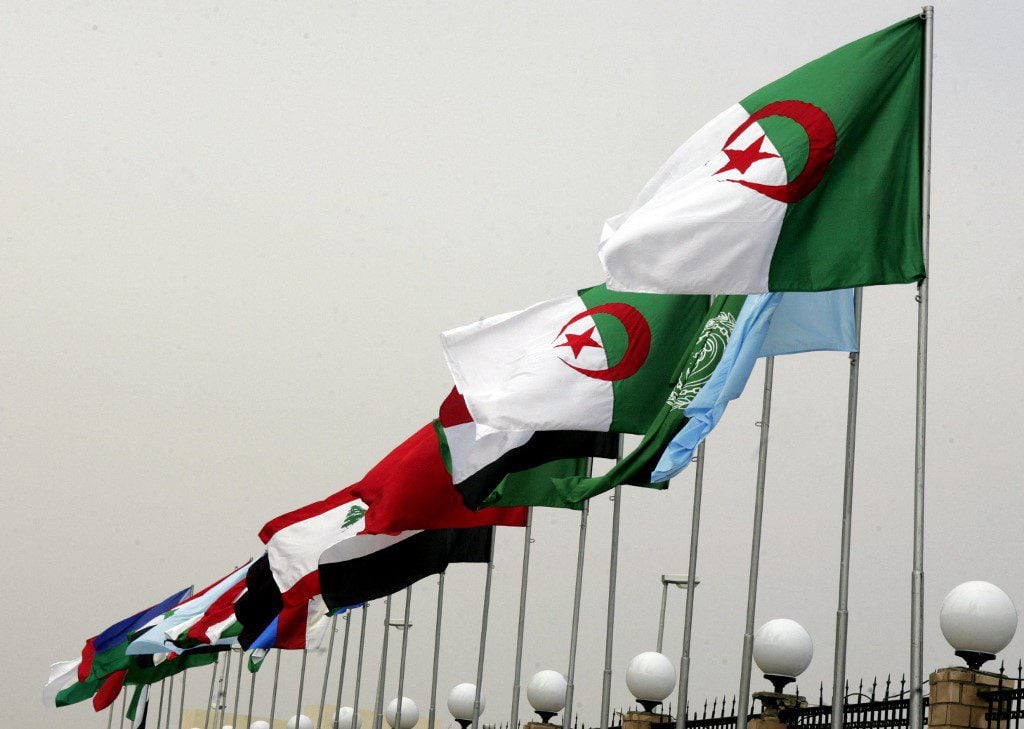
Hakim Marzouki
A delusional he who believes that the Arab peoples share the same sense of national belonging as some Europeans or even the Israelis, in particular, might think, considering that the Palestinian cause is a common denominator that unites the Arabs on defending a just cause that unites everyone.
This sense is only found in school curricula and generalized media discourses when commemorating events related to Palestine. As for the individual and societal level, there is a great rift between reality and slogans.
A large portion of Arab societies practices various forms of discrimination against each other to a large extent.
The matter goes beyond the limits of jokes that appear in European societies. When it comes to irony, arrogance, or discrimination, it surpasses the relationships between the French and Belgians, Germans and Italians and British neighbours. Interestingly, it goes beyond that in the direction of contempt and scorn.
It is evident in artistic, cultural, and sports demonstrations in which racism emerges to the point of violence and the exchange of racist insults, like what happened between Egypt and Algeria a few years ago.
The Europeans renounced their old grudges through political will and economic decisions, despite their war-wise rich history. The decision on the feasibility of forgiveness and forgetting was worthy of turning the page of the differences they did not want to pass on to their children.
The Arabs, despite the linguistic, cultural, ethnic, and religious ties, perpetuated differences among themselves even though they did not exist at all, or were almost negligible compared to a war that lasted more than 100 years, as is the case between Britain and France.
Why insist on discrimination and superiority over neighbouring countries, even though everyone is in the same pot? It is a matter that calls for questioning, research, and scrutiny.
Europeans of the colonial era may hold part of the responsibility. They were responsible for the Sykes-Picot Agreement, which divided the Arab world into Anglophones and Francophones.
The politics of bipolarity might be to blame for this, especially during the days of the Cold War. But the Arab mentality, by its nature, is prone to division and differentiation within the same body due to the financial and political power that gave birth to the spirit of craving leadership and excellence.
A quick look at Islamic history, which is full of disputes over who would succeed the Prophet Muhammad, is worthy of revealing to us the extent of the presence of fanaticism in Arab societies.
The Arab League, for example, and other institutions of joint Arab action, are not uniting but dividing, and the voices of those who have money are louder than their other poor brothers.
The issue here is not related to facts represented in the ties of a common fate, but rather to the peoples’ will to gather, even if their cultures are different.
The Europeans never boast of being European, as the Arabs do in glorifying their Arabism, but they preferred to live within one economic entity, even if the policies, cultures, and languages differed.
If it were possible in this narrow space, we would have talked about examples of arrogance and contempt in the exchange of insults – not jokes as in Europe – between the Algerian and the Moroccan, the Tunisian and the Egyptian, the Yemeni and the Saudi, the Syrian and the Jordanian, et cetera.
It is related to a mentality that refuses to live and work together. It goes towards distinction in its exclusionary and aggressive notion.
It is an Arab world with all the diversity that this word implies, not an Arab homeland as the delusional self-claimed Arab nationalists repeat.


